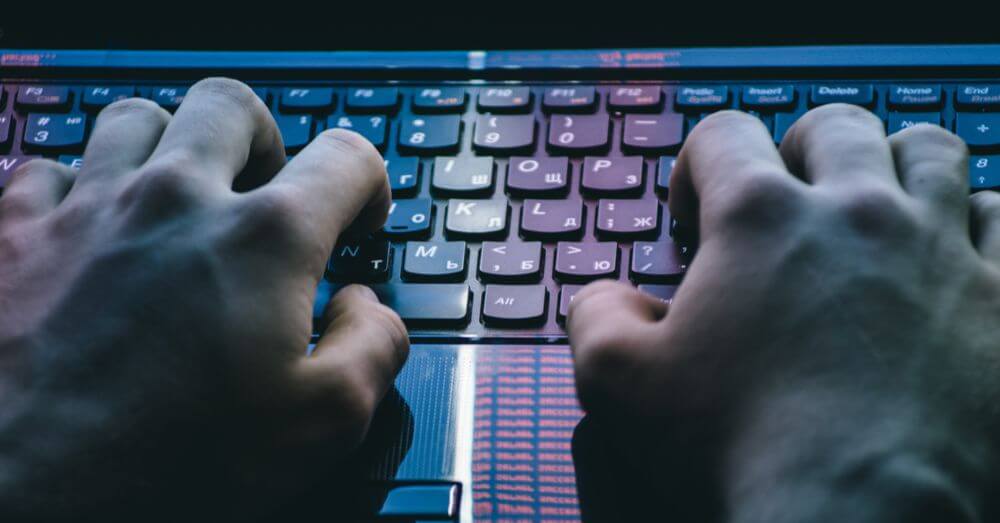
The new charges claim that the operators stole identification papers to open crypto and bank accounts
The US has filed criminal charges against Artem Lifshits, a Russian national, over his management of an affiliate of the infamous Internet Research Agency. US authorities have accused the agency of interfering in the 2016 national elections with a large-scale influence operation named Project Lakhta.
The new complaint claims that Lifshits was in charge of the translator department of Project Lakhta since 2017. He used his position to illegally procure US identification documents, so as to use “the means of identification of United States persons to open bank accounts, PayPal accounts, and cryptocurrency accounts”.
He is now charged with conspiracy to commit wire fraud. The US Department of Justice stated that these accounts were an avenue for Lifshits and his colleagues to fund both Project Lakhta and their own “personal enrichment”.
John C Demers, the Assistant Attorney General for National Security, explained that the charges allege Lifshits had conspired with others to steal the identity of US citizens and promote Project Lakhta’s influence operations.
“Lifshits participated in this fraud in order to further Project Lakhta’s malign influence goals and for his own personal enrichment. This case provides a clear illustration of how these malicious actors fund their covert foreign influence activities and Russia’s status as a safe-haven for cyber criminals who enrich themselves at others expense,” Demers said.
A testimony from a Secret Service investigator alleges that the project was part of a massive operation orchestrated against the American people.
“From in and around April 2014, Project Lakhta’s Translator Department focused on influencing the United States population. The Translator Department conducted operations on social media platforms, such as YouTube, Facebook, Instagram, and Twitter,” his testimony began.
“The Translator Department’s primary goal was to sow discord in the United States political system, incite civil unrest, and polarize Americans by promoting socially divisive issues, with particular emphasis on racial divisions and inequality in the United States.”
The complaint did not name the crypto exchanges that Lifshits and Project Lakhta managed to access. However, it did say that at least one exchange considered itself a victim of fraud, as it processed false documents that were presented as a means of passing its Know Your Customer requirements.
The charges pressed by the Secret Services have been handed out mere hours after Lifshits and some of his colleagues at Project Lakhta appeared on the Treasury’s sanctions list, along with their respective crypto wallet addresses.
Similar concerns have surfaced as the 2020 elections approach.

